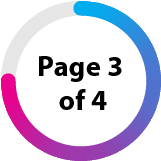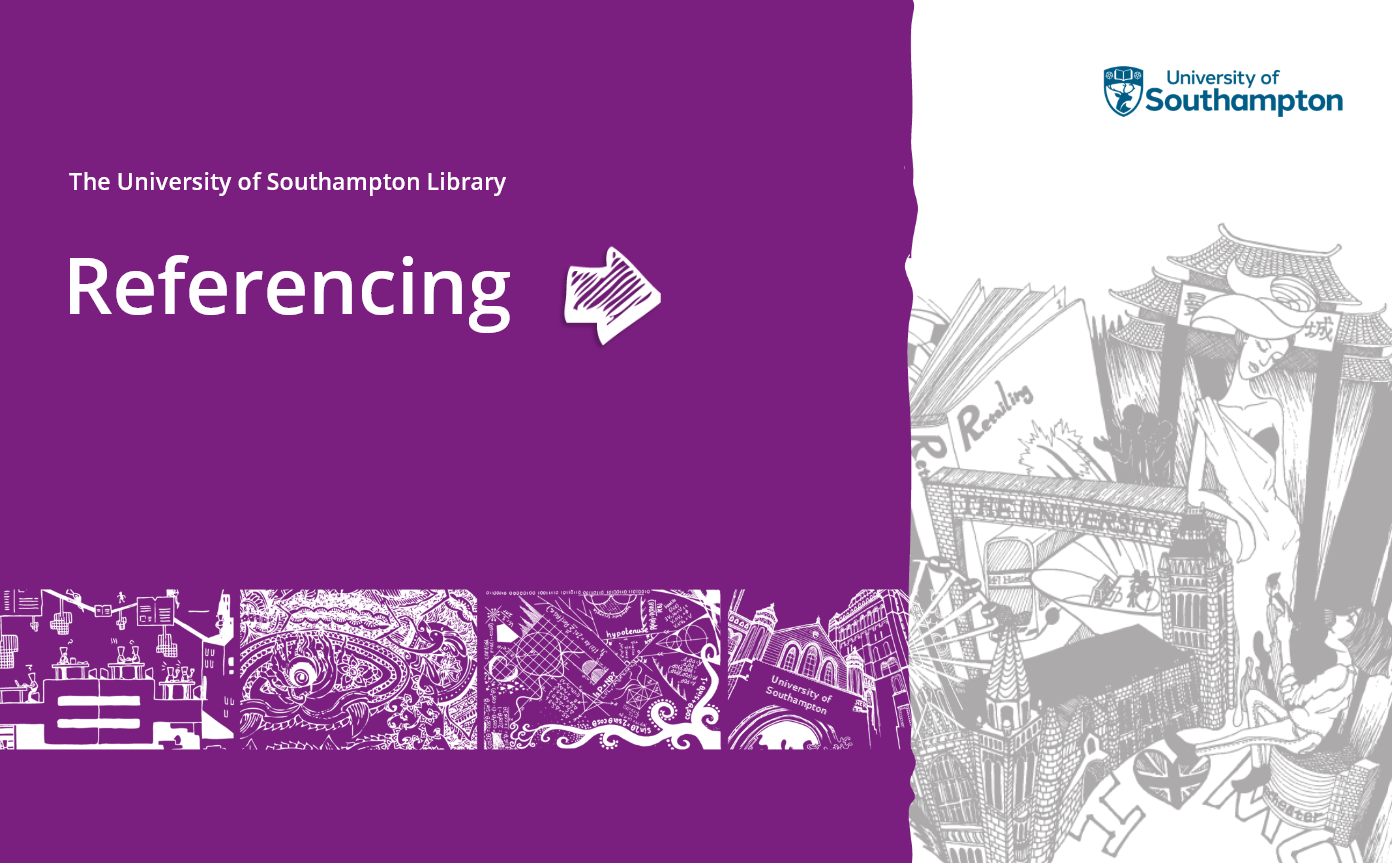Plagiarism and copyright
Plagiarism
An important aspect of behaving with academic responsibility and conduct is to make sure that you acknowledge all sources of information drawn upon in your academic work. Failure to do so will be seen as plagiarism and a breach of the University Regulations. It is very important to make clear which are your words, ideas or artworks and which have been taken from others. To avoid plagiarising the work of other people you should acknowledge each instance of another person’s ideas, artworks (including photos) or words using the appropriate referencing conventions in the style required by your school or department.
Watch this short video ‘What is plagiarism?’ In the video the authors of the book and online referencing tool ‘Cite Them Right’ discuss examples of plagiarism and how to avoid it.
What is plagiarism?
Unintentional plagiarism often occurs as a result of poor academic practices. Being able to make effective notes while you read, think critically, reference correctly and write academically will help you to produce high-quality academic work and avoid plagiarism.
Using other people’s writing in your work
You can use the ideas and writing of other people in your own work through careful use of quotations, summaries and paraphrasing with appropriate citing and referencing.
Plagiarism and copyright
This short video from the University of Reading illustrates how ideas from an original journal article are reused in a book chapter. A transcript of the video is available.
Effective paraphrasing for postgraduate students - University of Reading
For more on paraphrasing and to see an example, read our Paraphrasing guide [PDF]
Our citing and referencing page has advice on referencing your academic work and the referencing styles required by different schools or departments of the University of Southampton.
Click on the image below to try this short learning activity (opens in new window):
Allow approximately 5 minutes to complete this learning activity.
By the end of this activity you should be able to:
- understand what referencing is and why it is important
- understand when you must reference
- find out which referencing style you must use
How can I keep track of my references?
You are likely to collect hundreds of references over the course of your research, so investing some time to set up a logical and easily managed system that works for you is worthwhile.
Using technology to manage your references
Reference management software like EndNote, Mendeley or Zotero has useful features such as being able to import references from databases, tag and categorise them, and automatically cite and reference them consistently in the documents you write. Our referencing software webpage gives more information and advice.
Manual methods to manage your references
Some people prefer keeping the details of references in a plain Word document that they just keep up-to-date regularly. You may like to take a look at our Source Evaluation Table. This not only allows you to organise your references, but serves as a tool to aid critical analysis. Another option is an annotated bibliography, which is similar to a source evaluation table. Whilst annotated bibliographies allow you to keep a detailed record of your references, they are most useful because they enable you to get your thoughts down in a coherent and relatable way. Take a look at our Annotated Bibliography guide for more.
Copyright
Another important aspect of academic responsibility and conduct is to obtain credit or permission to use other academic work where appropriate. A responsible researcher observes the copyright of other authors. Copyright can be defined as: the exclusive and assignable legal right, given to the originator for a fixed number of years, to print, publish, perform, film, or record literary, artistic, or musical material. Be careful, check what you can and cannot do with a ‘published’ work.
In general, for research you may use another author’s work as a source of information or inspiration provided that you acknowledge or give credit to the author and the work. This is provided that you do not intend to make your dissertation publicly available, for example on the web. You cannot use copyrighted works for a commercial purpose without the consent of the author.
For more detailed guidance see the information on our copyright page
If your dissertation or theses is going to be made publically available on the web then you will need to seek permissions to include third party copyright material. There is further information and guidance about seeking copyright permissions on the Theses: Copyright page of the library website.
The next section looks at research ethics and the University of Southampton Ethics Policy Statement.


